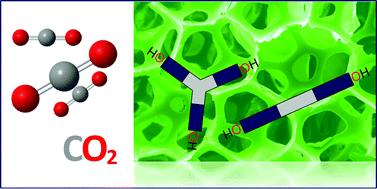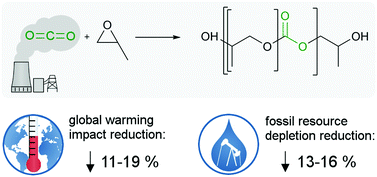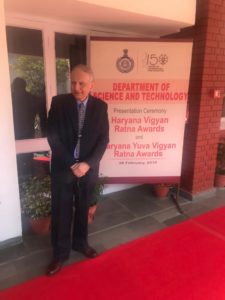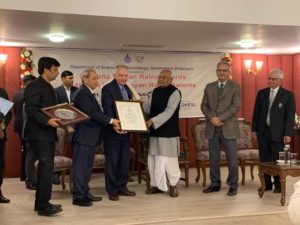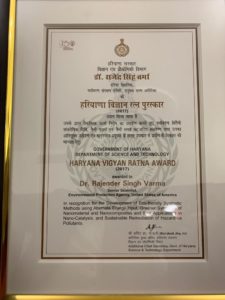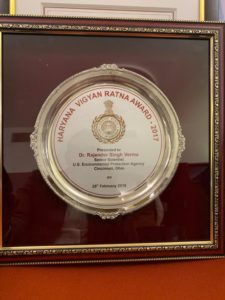The green chemistry community is mourning the loss of István T. Horváth, founder of the field ‘fluorous biphase catalysis’ and early pioneer in the field of renewable resources and green chemistry.
Professor István T. Horváth was born in Budapest, Hungary, on August 6, 1953. He studied chemistry at the Petrik Lajos Chemical Technical School in Budapest and at Veszprém University of Chemical Engineering, Veszprém, Hungary (now University of Pannonia), where he received his M.Sc. in Chemical Engineering (1977) and Ph.D. in Organic Chemistry (1979). Subsequently, he was an Assistant Professor at the Department of Chemistry, Veterinary University, Budapest (1979–1981) and a Research Engineer at Chinoin Ltd. in Budapest (1981).
Horváth then switched continents for the first of five times in his career. This brought him to Yale University, where he joined the group of Prof. Richard D. Adams as a Postdoctoral Research Associate (1982–1984). During this productive period, he worked on the preparation and characterization of osmium clusters. Adams and Horváth co-authored a remarkable 20 papers in 32 months. Horváth returned to Europe in 1984 to spend three years at the ETH Zürich with Professors Piero Pino and György Bor.
This was followed by another transatlantic move as he assumed a position at the Corporate Research Laboratories of Exxon (now ExxonMobil) in Annandale, New Jersey. This immensely productive phase of his career lasted more than ten years (1987–1998) and brought him international visibility. As an independent investigator Horváth became internationally recognized for using in situ spectroscopic techniques (especially NMR and IR) to elucidate mechanistic questions of important chemical transformations and uncover key reaction intermediates. A significant achievement was the spectroscopic observation of the formyl cation in the condensed phase, published in 1997 in Science. Beside important discoveries in reaction monitoring, Horváth was among the first to advocate the use of in situ spectroscopy to attain molecular level understanding chemical of reactions, especially focusing on the development of greener processes.
Furthermore, his Science paper published in 1994, established the basic principles of fluorous biphase chemistry, which lead to the development of more efficient multiphase catalytic processes and novel catalyst immobilization approaches in the following decades.
In 1999, he returned to Hungary, was appointed professor in 2001, and continued his research in the field of green chemistry and in situ spectroscopy at Eötvös Loránd University, Budapest until 2008. During this time he devoted attention to the catalytic conversion of renewable resources, which led to the development of the idea of a gamma-valerolactone economy.
Between 2009 and 2020 he was a Chair-Professor at the Department of Chemistry and Biology, City University of Hong Kong where he also acted as department head for 6 years. Here he first introduced the Ethanol Equivalent and Sustainability Index for the measurement and evaluation of sustainability.
He returned to Hungary in 2020 and continued his work at the Department of Chemical and Environmental Process Engineering, Budapest University of Technology and Economics.
His contribution was acknowledged by more than 25 international prizes and awards, including the Humboldt Research Award (2006), and the Exxon Golden Tiger Award (1991). He was member of the European Academy of Science (2020), Fellow of the American Association for the Advancement of Science (Washington DC, USA, 2016), Fellow of the American Chemical Society (2014), Fellow of the Royal Society of Chemistry (2013), Honorary Member of the National Academy of Sciences Literature and Arts of Modena, Italy (2010). He became an external member of the Hungarian Academy of Scienes in 2019.
István is well-remembered for his organization of highly successful scientific events with a unique style. In fact, he organized and managed more than 45 international scientific meetings including Gordon Conferences and regular meetings of the homogeneous catalysis community, such as ISHC.
He was an intelligent and knowledgeable supervisor and highly supportive mentor who always encouraged his students and colleagues to leave their comfort zones and aim for fundamental scientific discoveries. He could be tough at times but was always fair, and argued by the facts when it came to science. He graduated numerous PhD students and post-docs, the vast majority of whom are still pursuing research in green chemistry or closely related areas. A good overview of his scientific career can be found in the special issue of ACS Sustainable Chemistry and Engineering (https://pubs.acs.org/doi/pdf/10.1021/acssuschemeng.8b03138) published in 2016 on the ocassion of his 65th birthday.
To us, first and foremost István was a mentor who had a profound influence on our scientific training, shaped our way of thinking and guided our carrer as green chemist.
István was a one-of-a-kind ’molecular designer’ – a brilliant scientist, who would always follow a unique and pioneering path. A special personality: warm, funny, bold and unrelenting – he continuously questioned the status quo and spoke his mind… and was willing to stand up for what he believed to be the truth, for the benefit of the whole comunity. He will be tremendously missed.
Prof. Laszlo T. Mika, Budapest University of Technology and Economics
Prof. Katalin Barta, University of Graz


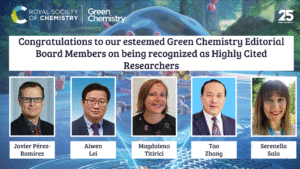









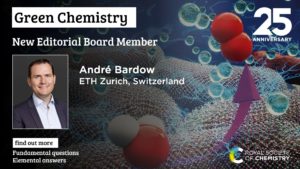

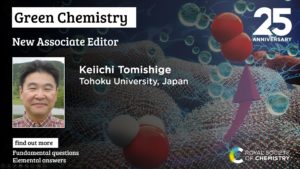
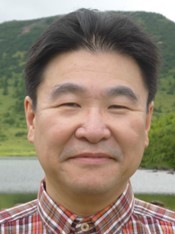
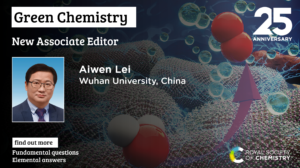

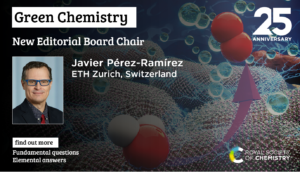


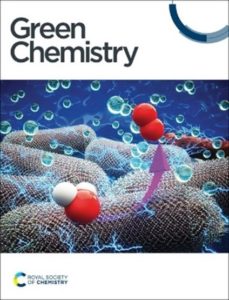 tary metrics for the absolute environmental sustainability assessment of chemicals
tary metrics for the absolute environmental sustainability assessment of chemicals